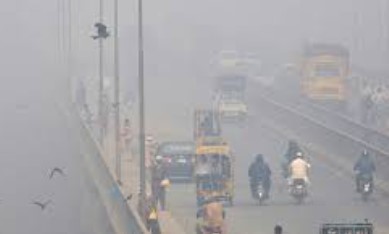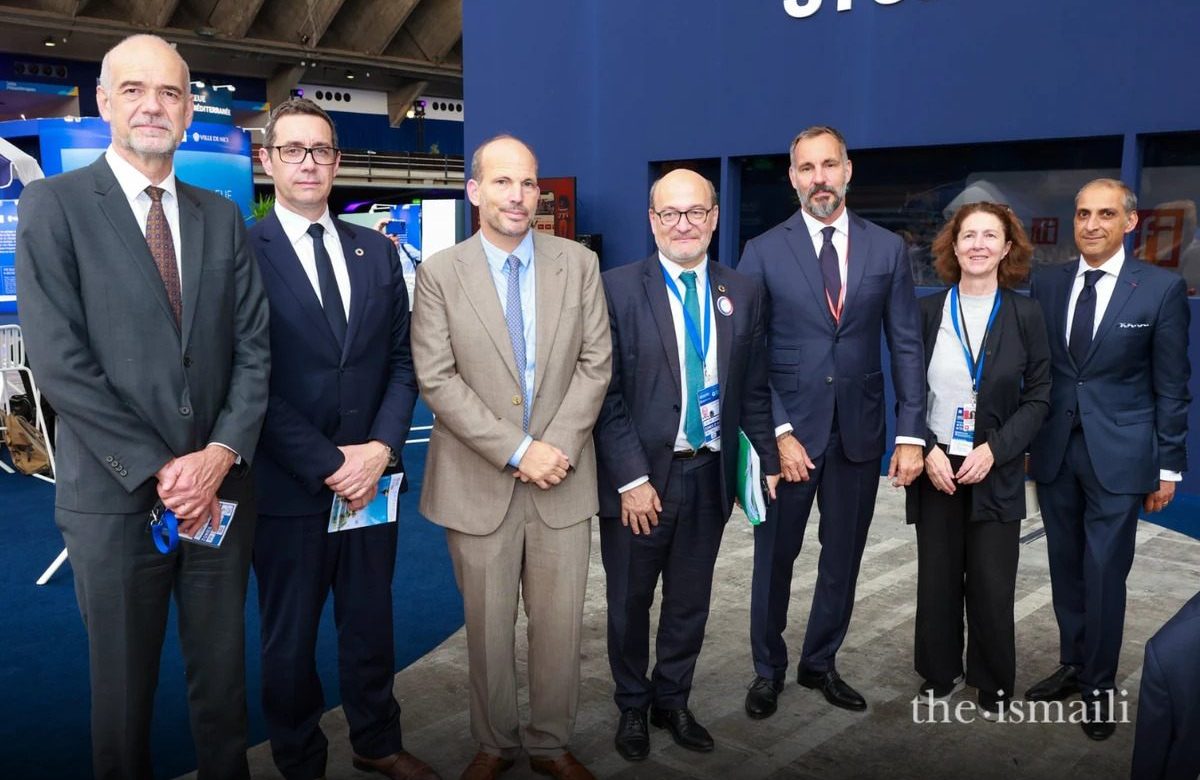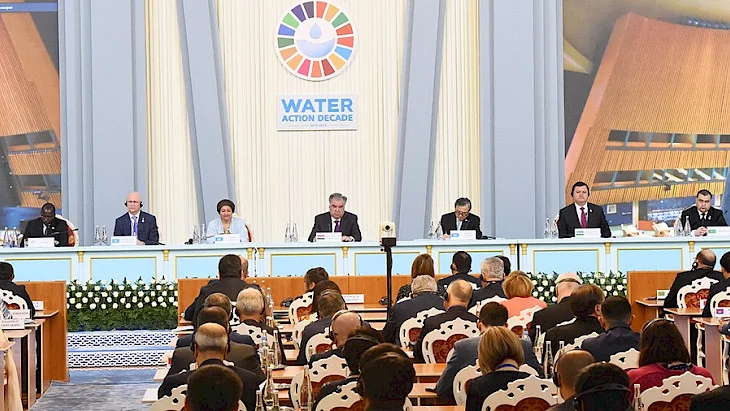
Faith Leaders Unite in Pakistan to Combat Lahore’s Air Pollution Crisis
- Interfaith
- November 8, 2024
- No Comment
Leaders from Pakistan’s diverse religious communities have come together to tackle the severe air pollution crisis in Lahore, which has earned the grim distinction of being the “most polluted city in the world.” Faith-based organizations representing Muslims, Christians, Sikhs, and Hindus are now leading an interfaith initiative to address the environmental and public health risks caused by poor air quality in Punjab’s capital.
Lahore, home to 14 million residents, has long struggled with air pollution levels that consistently exceed World Health Organization (WHO) guidelines. The city’s air quality has led local authorities to close primary schools, public offices, and to consider restrictions on motor vehicles. Health experts are warning of a sharp rise in respiratory illnesses, lung conditions, and allergies.
In response, religious leaders are leveraging their influence to raise awareness and encourage sustainable practices among their communities. Christian James Rehmat, head of the World Commission for Human Development, emphasized that the initiative is focused on long-term environmental protection habits, not just immediate solutions.
Religious teachings are being used to guide the public’s environmental actions: Christian leaders refer to Pope Francis’ *Laudato si’* encyclical, Sikh representatives call for “well-being for all,” and Muslim clerics remind followers that the earth and its creatures are not to be exploited for consumption.
The coalition has already initiated a variety of community-based actions, including city-wide tree-planting campaigns, seminars, and workshops promoting environmental responsibility. “We are encouraging people to adopt cleaner habits such as using public transportation, switching to renewable energy, and carpooling,” said Rehmat.
Religious leaders are also pressing the government to take stronger actions, such as stricter regulations on vehicle emissions and industrial pollutants, urging politicians to implement structural reforms that could help cleanse the city’s air.
The coalition is particularly focused on educating younger generations, introducing environmental protection principles in schools rooted in the values of each faith tradition. Through this interfaith effort, Pakistan’s religious communities aim to play a pivotal role in mitigating Lahore’s environmental challenges and improving the health and well-being of its residents.







